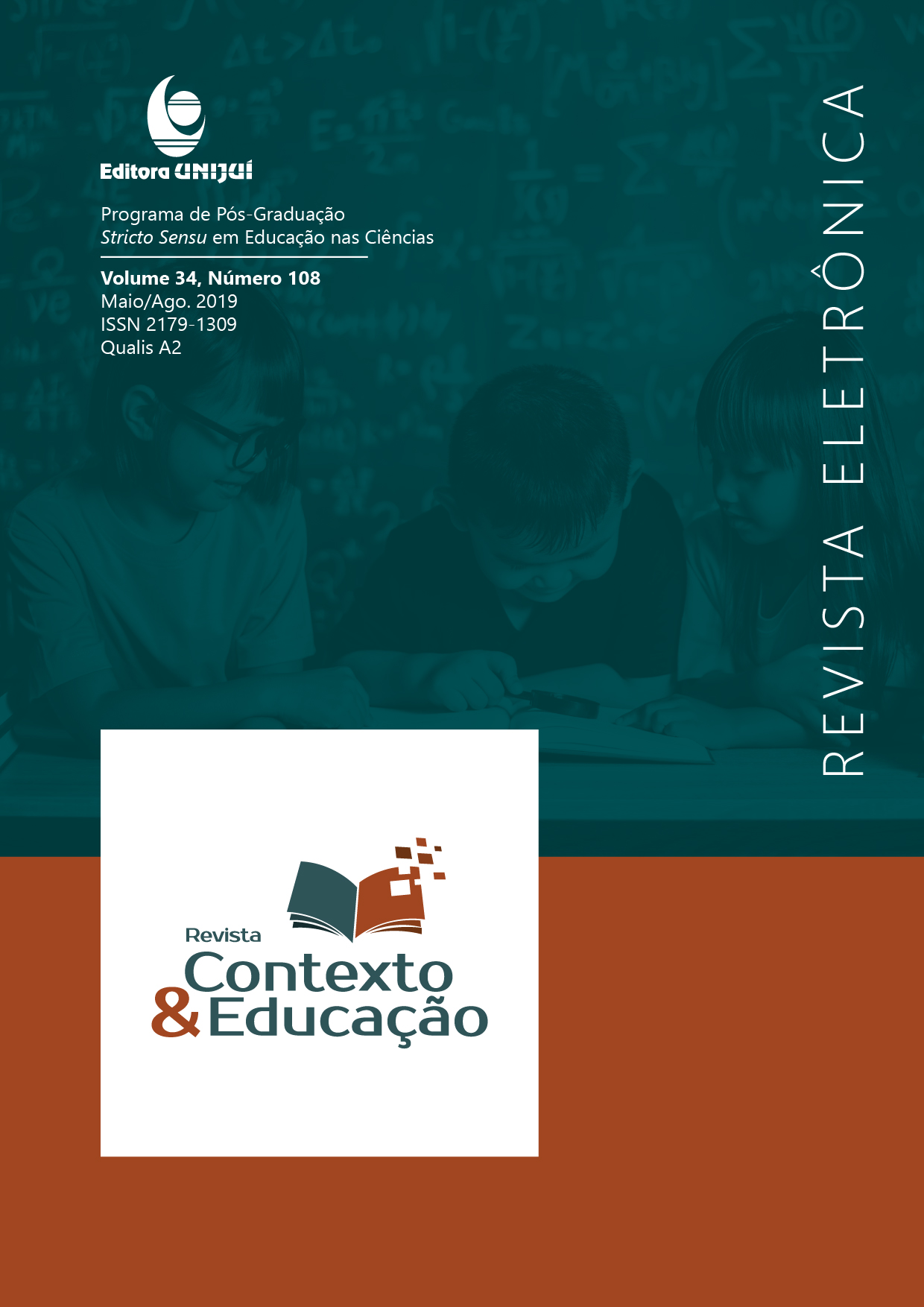FORMAÇÃO DE PROFESSORES E EDUCAÇÃO INTERCULTURAL: CONCEPÇÕES E PRÁTICAS DE LICENCIANDOS SOBRE DIVERSIDADE CULTURAL NA EDUCAÇÃO BÁSICA
DOI:
https://doi.org/10.21527/2179-1309.2019.108.9-25Keywords:
teacher training, elementary education, diversity, differenceAbstract
The school often seeks to homogenize and standardize individuals with assimilationist actions, not valuing subalternized voices and denying cultural diversity. The objective of this study was to understand undergaduate students’ conceptions about cultural issues and practices in teaching at a state public school in Rio de Janeiro. The research was qualitative and semi-structured interviews were carried out with five undergraduate students in Geography, Biology and Mathematics. The interviews were analyzed with authors that deal with teacher training and practice, as well as confronting prejudice and discrimination, based on the intercultural education approach. The analysis of the reports indicated obstacles that hamper pedagogical practices, which are sometimes products of concealed and rooted prejudice in school. Even though there were different projects and debates that sought to minimize such attitudes, the analysis indicated racial and gender bias in the school, and these were naturalized by cultural daltonism in the form of "jokes". Dialogical practices were pointed as guiding methodologies of the discussions on cultural approaches. It is important to emphasize the pedagogical training that is concerned with teachers’ professional work capable of denaturing prejudice and discrimination in school.
Downloads
Published
How to Cite
Issue
Section
License
By publishing in Revista Contexto & Educação, authors agree to the following terms:
All works are published under the Creative Commons Attribution 4.0 International License (CC BY 4.0), which allows:
Sharing — to copy and redistribute the material in any medium or format;
Adaptation — to remix, transform, and build upon the material for any purpose, even commercially.
These permissions are irrevocable, provided that the following terms are respected:
Attribution — authors must be properly credited, a link to the license must be provided, and any changes made must be indicated.
No additional restrictions — no legal or technological measures may be applied that legally restrict others from doing anything the license permits.
Notices:
The license does not apply to elements that are in the public domain or covered by legal exceptions.
The license does not grant all necessary rights for specific uses (e.g., image rights, privacy, or moral rights).
The journal is not responsible for the opinions expressed in the articles, which are the sole responsibility of the authors. The Editor, with the support of the Editorial Board, reserves the right to suggest or request modifications when necessary.
Only original scientific articles presenting research results of interest that have not been previously published or simultaneously submitted to another journal with the same purpose will be accepted.
Mentions of trademarks or specific products are intended solely for identification purposes and do not imply any promotional relationship by the authors or the journal.
License Agreement (for articles published from October 2025): Authors retain the copyright to their article and grant Revista Contexto & Educação the right of first publication.


